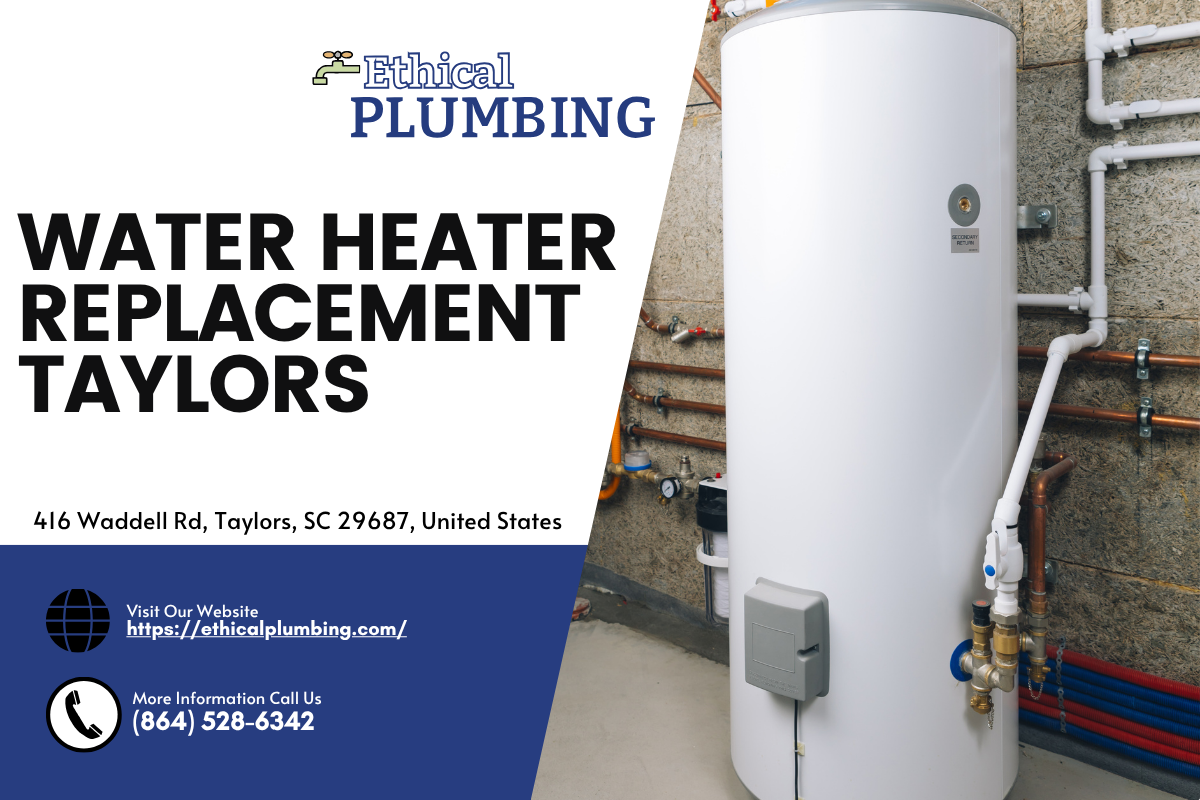
Introduction
When it comes to home comfort, few appliances are as crucial as the water heater. It’s the unsung hero that provides warm showers, cleans our dishes, and warms our homes. However, understanding its longevity can be a bit murky. Homeowners often wonder: How long does a standard water heater last? This article will delve deep into this question while exploring various factors that influence water heater lifespan, installation options, and maintenance tips.
How Long Does a Standard Water Heater Last?
A standard water heater typically lasts between 8 to 12 years. However, this figure can vary significantly based on several key factors such as the type of water heater, maintenance practices, and local water quality.
Different Types of Water Heaters
Tank Water Heaters: These traditional units generally last about 8 to 12 years. Tankless Water Heaters: Known for their efficiency and compact size, they can last up to 20 years or more. Heat Pump Water Heaters: These can also have longer lifespans, averaging around 10 to 15 years.Key Factors Influencing Lifespan
Several factors determine how long your water heater will serve you before needing replacement or repair:
- Water Quality: Hard water can lead to mineral buildup inside the tank, affecting performance. Usage Patterns: A household with high hot water demands will strain the unit more than one with lighter usage. Maintenance Practices: Regular servicing and upkeep can extend your water heater’s life.
Understanding Water Heater Types
1. Traditional Tank Water Heaters
These are the most common types found in households. They store hot water in a large tank and are usually powered by electricity or gas.
Pros:
- Affordable initial cost Simple installation
Cons:
- Limited hot water supply Less energy-efficient
2. Tankless Water Heaters
Also known as on-demand heaters, these units heat water directly without storing it.
Pros:
- Unlimited hot water supply Energy-efficient
Cons:
- Higher upfront cost May require upgrades to electrical systems
Water Heater Repair vs Replacement
If your unit starts showing signs of wear and tear, you may ask yourself whether it's time for a repair or complete replacement.
Signs You Need Repair
Here are some common indicators that your unit may need professional attention:
Leaks around the base of the unit Discolored or rusty hot water Unusual noises coming from the tankWhen to Replace Your Unit
If your unit is nearing the end of its lifespan (around 8–12 years for traditional heaters) and requires frequent repairs, it may be time for an upgrade.
The Importance of Regular Maintenance
To ensure longevity, regular maintenance is essential for any type of water heater.
Key Maintenance Practices
Flushing the tank annually to remove sediment buildup. Inspecting anode rods every couple of years. Checking temperature settings for optimal performance.Water Heater Installation Considerations
Choosing the right model isn’t just about picking one off the shelf; consideration should be given to your home’s structure and plumbing requirements.
Factors Affecting Installation
Space Availability: Ensure there’s enough room for installation and future maintenance. Local Building Codes: Familiarize yourself with regulations affecting installations in your area. Fuel Type: Decide whether you prefer electric or gas heating based on availability and costs.Benefits of Professional Water Heater Service
Opting for professional service rather than DIY methods can save you time and headaches down the line.
Why Choose Professional Service?
Expertise: Professionals know precisely what they’re doing. Safety: Dealing with gas lines or electrical connections carries inherent risks. Warranty Protection: Many manufacturers require professional installation to maintain warranty validity.Common FAQs About Water Heaters
1. What should I do if my water heater is leaking?
First, turn off power/gas supply to prevent further damage or hazards and contact a professional plumber immediately for assessment.
2. How often should I flush my water heater?
It’s recommended to flush your tank at least once per year to remove sediment buildup which can lead to inefficiency or damage over time.
3. Can I install my own tankless water heater?
While DIY installation is possible, it's highly advisable to hire professionals due to complexity involving gas lines and electrical work.
4. What is an anode rod?
An anode rod is designed to attract corrosive elements in your tank; inspecting it regularly ensures it remains effective in prolonging your unit's lifespan.
5. How do I know if I need a larger capacity unit?
If you frequently run out of hot water during peak usage times (like mornings), this could indicate that a larger capacity tank is necessary for your household needs.
6. Are energy-efficient models worth it?
Yes! Although they come with higher upfront costs, energy-efficient models often save water heater service taylors money through reduced utility bills over time.
Conclusion
Understanding how long does a standard water heater last involves more than just knowing an average lifespan; various factors like maintenance practices, type of unit, and local conditions play significant roles in determining longevity and efficiency levels.
Investing in regular service—be it through professional repairs or routine maintenance—can dramatically enhance not only how long your appliance lasts but also how well it performs throughout its lifetime.
In answering the question "How long does a standard water heater last?" we see that proactive measures can lead us towards extended durability while offering peace of mind when relying on one of home living's essential utilities!